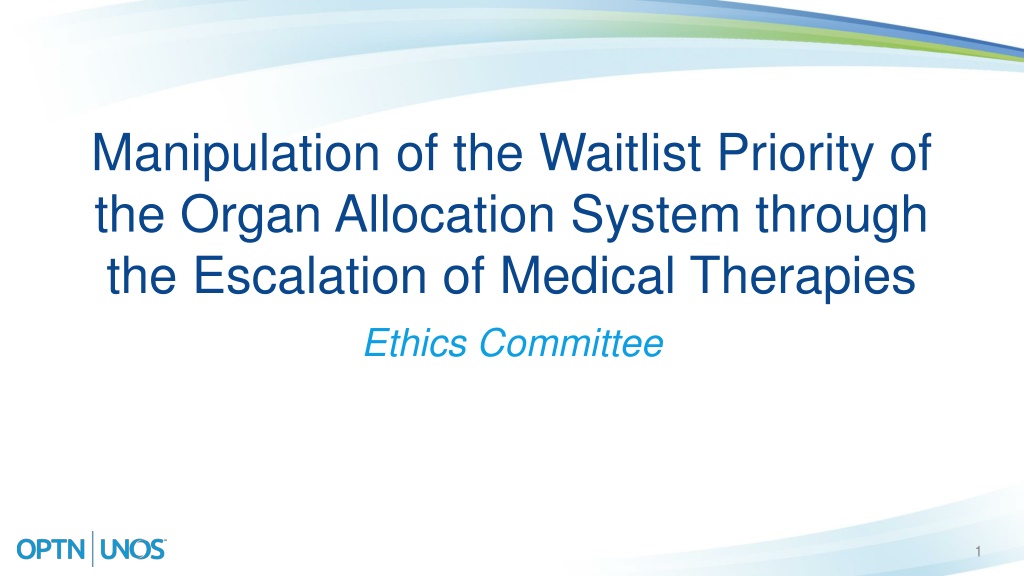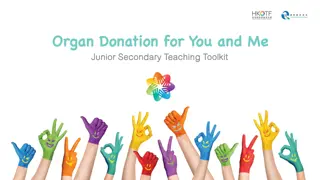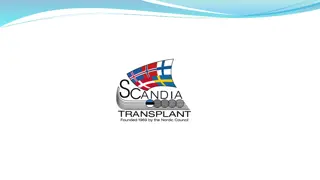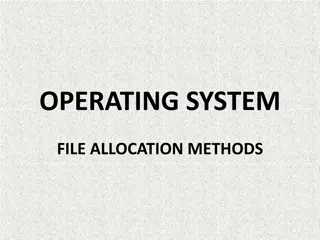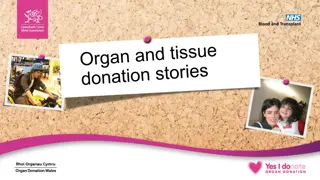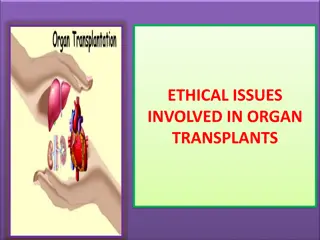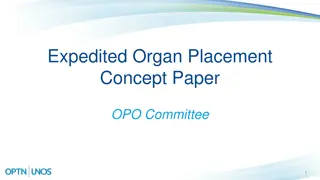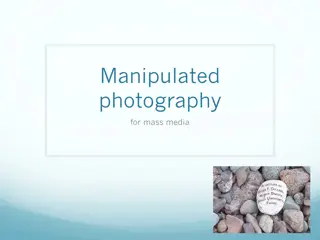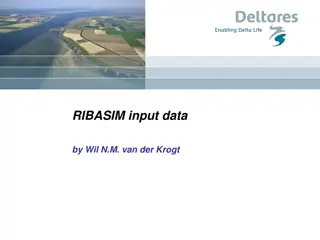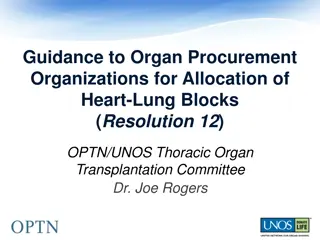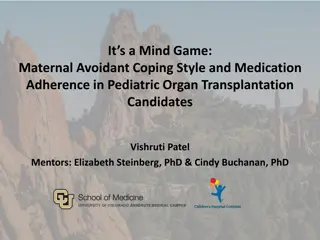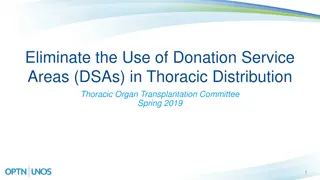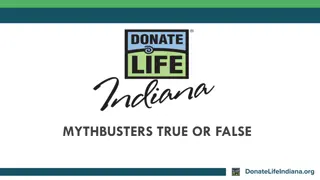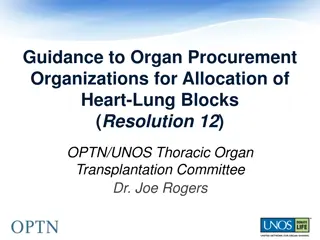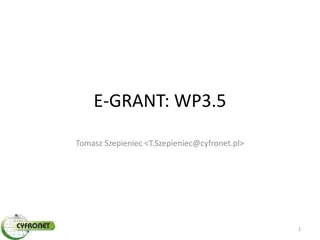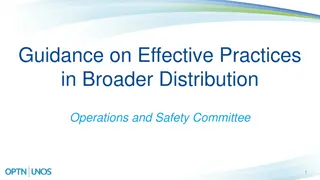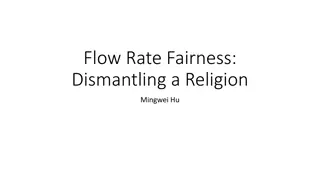Ethical Analysis of Manipulation in Organ Allocation System
This resource tackles the issue of manipulation in organ transplant waitlist priority through unnecessary medical interventions. It highlights the ethical concerns, potential harms, and ways to mitigate this manipulation, urging adherence to systemic safeguards and ethical clinical practice.
Download Presentation

Please find below an Image/Link to download the presentation.
The content on the website is provided AS IS for your information and personal use only. It may not be sold, licensed, or shared on other websites without obtaining consent from the author. Download presentation by click this link. If you encounter any issues during the download, it is possible that the publisher has removed the file from their server.
E N D
Presentation Transcript
Manipulation of the Waitlist Priority of the Organ Allocation System through the Escalation of Medical Therapies Ethics Committee 1
What problem will the resource address? Recent reports describe manipulation of waitlist priority May violate equity principle and lead to inequitable organ allocation system No OPTN/UNOS guidance or formal position statement 2
What does this resource address? Defines and provides an ethical analysis of manipulation of waitlist priority through the use of unnecessary medical interventions Guidance for transplant providers Offers model for ethical clinical practice Clarifies safeguard in transplant system 3
What does this resource address? Defines and analyzes one type of waitlist manipulation - Medical interventions that are not medically required Providers may do whatever possible to help candidate receive a transplant Widespread so all feel compelled to similarly manipulate Candidates may ask for medical interventions to increase their chance of receiving a transplant 4
What does this resource address? Provides an ethical analysis and examines potential harms of waitlist manipulation Providers have multiple obligations: Uphold fiduciary duty to their patient Be a steward of organs in the allocation system Support the principles of justice and utility Adhere to systemic safeguards that mitigate manipulation 5
What does this resource address? Reviews examples of manipulation of waitlist priority through escalation of medical care Describes unintended consequences of manipulation Recommends ways to mitigate manipulation Calls for OPTN/UNOS and the transplant community to ensure providers understand expectations for upholding the principles of organ allocation 6
What this resource does not address? No proposed new enforcement, monitoring, or policing of therapeutic interventions No dictation of how clinicians provide care to their patients No suggested indications for using therapeutic interventions 7
How will the OPTN implement this resource? June 2018: Anticipated Board of Directors review date If approved, resource will be posted to the OPTN website: https://optn.transplant.hrsa.gov/resources/ethics No member action required Members may use resource voluntarily 8
Questions? Elisa Gordon, PhD, MPH Committee Chair E-Gordon@northwestern.edu Lee Bolton Committee Liaison Lee.Bolton@unos.org 9
